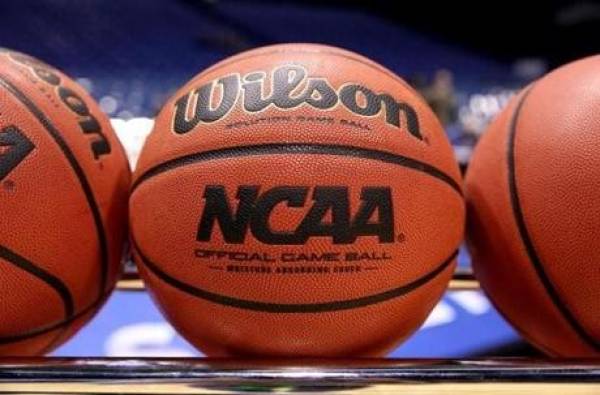March Madness ‘Gambling Holiday’ Risky for Compulsive Gamblers

It’s an office tradition that can create camaraderie, boost morale and provide escape from daily routine.
March Madness pools are estimated to attract more than 50 million workers to bet on brackets as the NCAA men’s basketball tournament begins this month. But for the approximately five million people with a gambling addiction, the next few weeks can present temptation, or torture.
“It’s riskier than a lot of people think,” said Keith Whyte, executive director of the National Council on Problem Gambling, sponsoring Problem Gambling Awareness Month, now underway. “The guy sitting down the hall could have lost hundreds of thousands of dollars gambling. For him, this could be devastating.”
The FBI estimates that more than $2.5 billion is wagered illegally each year on March Madness, a time in which calls to the Council’s helpline spike. “This has become a national gambling holiday,” Whyte said.
According to sports analyst Danny Sheridan, the “Madness” of the tournament isn’t the basketball, but the bets. While the buy-in for small office pools may be only one or two hundred dollars, the cost to enter contests in Wall Street workplaces easily approaches seven figures. “It gets bigger and bigger each year,” Sheridan said.
But among many - primarily novice - gamblers entering the action, the first bets may trigger dangerous biological and psychological responses.
“No one starts out to be a problem gambler. All gambling starts out recreationally,” Whyte said. In problem gamblers, he warns, wagering rewards the same pleasure pathways activated by illegal drugs.
Tampa-based psychotherapist and certified gambling counselor Damon Dye points out that many who develop compulsive tendencies do so if they are feeling disconnected in personal relationships, isolated or bored. Employers can be challenged in identifying workers struggling, as problem gamblers are often skilled at hiding their addictions.
“These are high-functioning, successful, respected people, who do very well financially and that we look up to,” Dye said. Among the most prone are those with attention deficit hyperactivity disorder (ADHD), or who are comfortable with risk taking, and who have experienced some sort of “big win.”
For Arnie Wexler, that win was $54 at a racetrack when he was 17. His “chase” to replicate that one small success set off a decade and a half of gambling that eventually bankrupted his family. Wexler admits stealing from employers to pay off debts and wishing that either he or his family would die, so he wouldn’t have to tell them the truth.
“I thought about killing myself every day, but I didn’t have enough guts,” said Wexler, now a certified gambling counselor and author of the newly-released autobiography, All Bets Are Off: Losers, Liars and Recovery from Gambling.
“I would gamble on two cockroaches coming out of the carpet, which would come closer,” Wexler said. “That’s what a sick gambler does.”
Sports betting consumed the Brooklyn native. “There were times when I had sex with my wife, and she would say, ‘I think I hear a ball game.’ But even though I would tell her she was crazy, I had a ball game on the transistor radio under her pillow.”
Wexler maintains that if he were still gambling, he would be in prison; with the availability of credit cards and ATMs, money is easier to come by.
And this time of year, the circumstances are just too tempting, he said. Gamblers who are addicted, who haven’t gotten help yet, “will hear March Madness promotions and the odds and lines, and that juices them up,” he said.
Social pressure is also at play, according to Dye. If a colleague doesn’t want to participate, don’t push.
“For problem gamblers, the gambling urge is setting in, and they’re caught thinking they can’t say anything to get support, so they’re relying on strong will,” he said. “They go along with the bracket, because they don’t want to feel awkward.”














